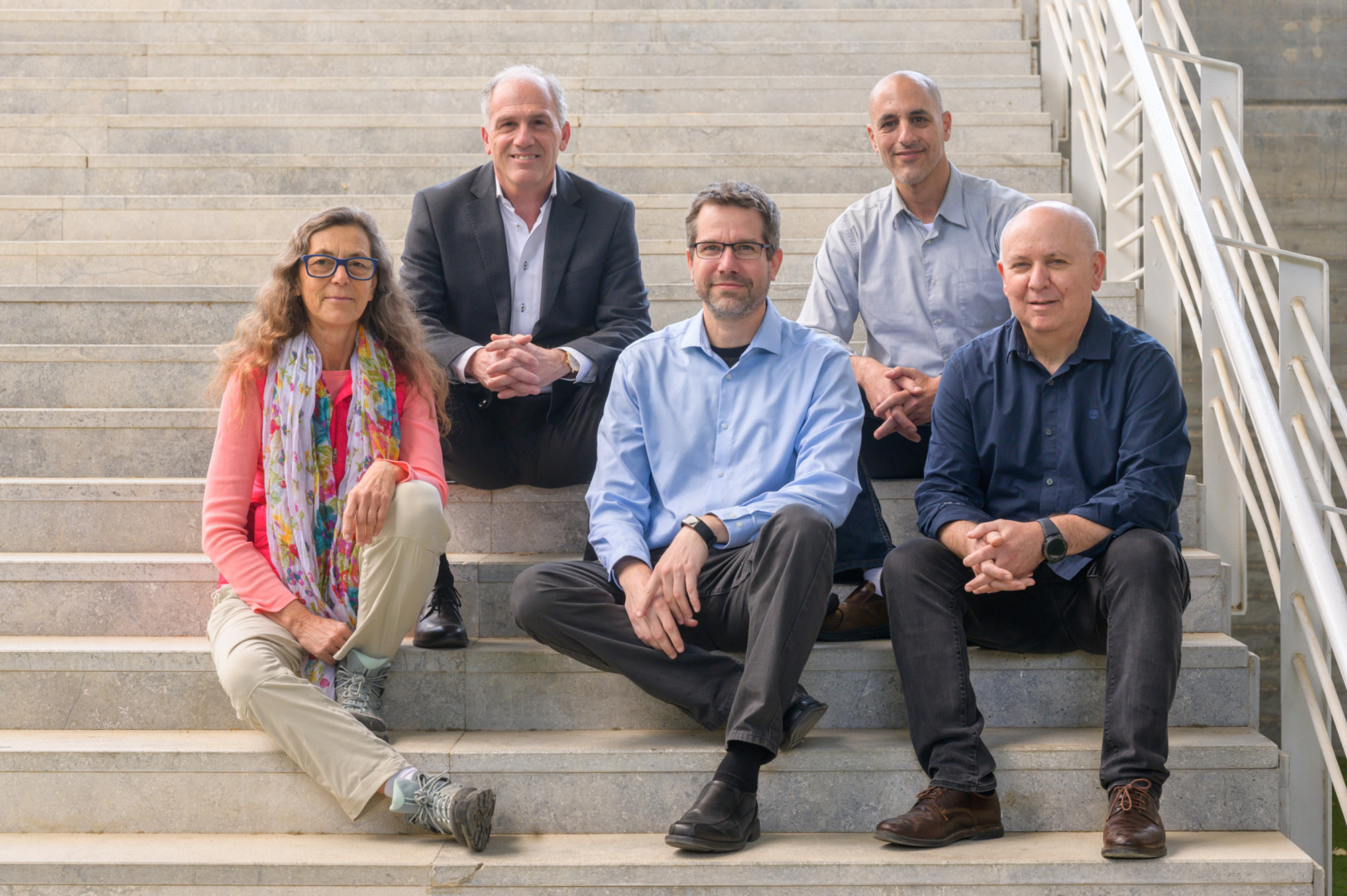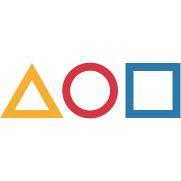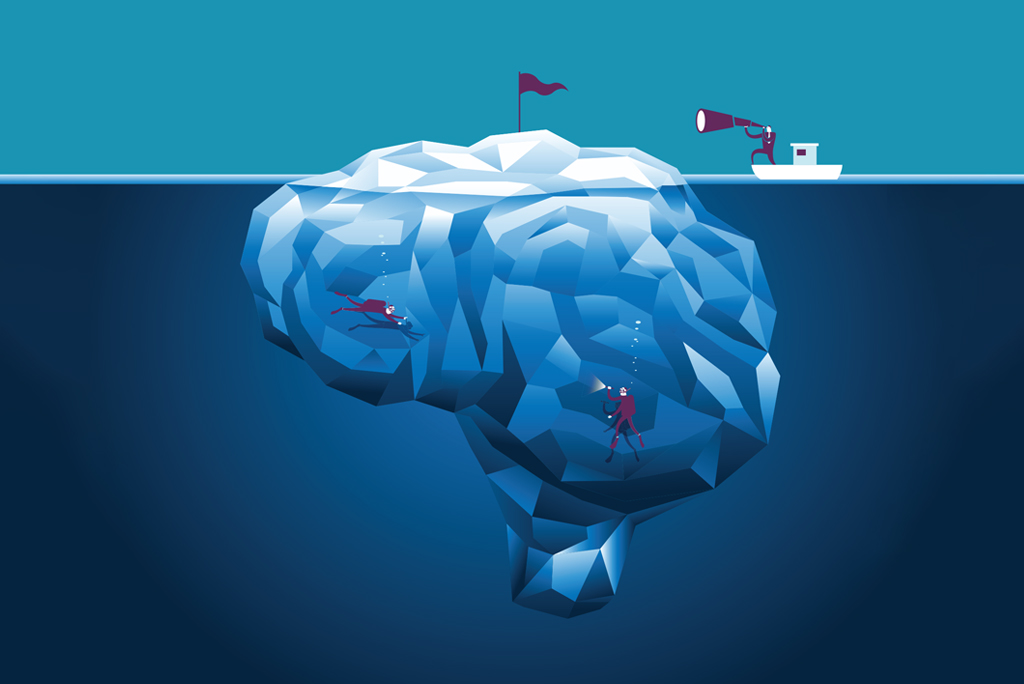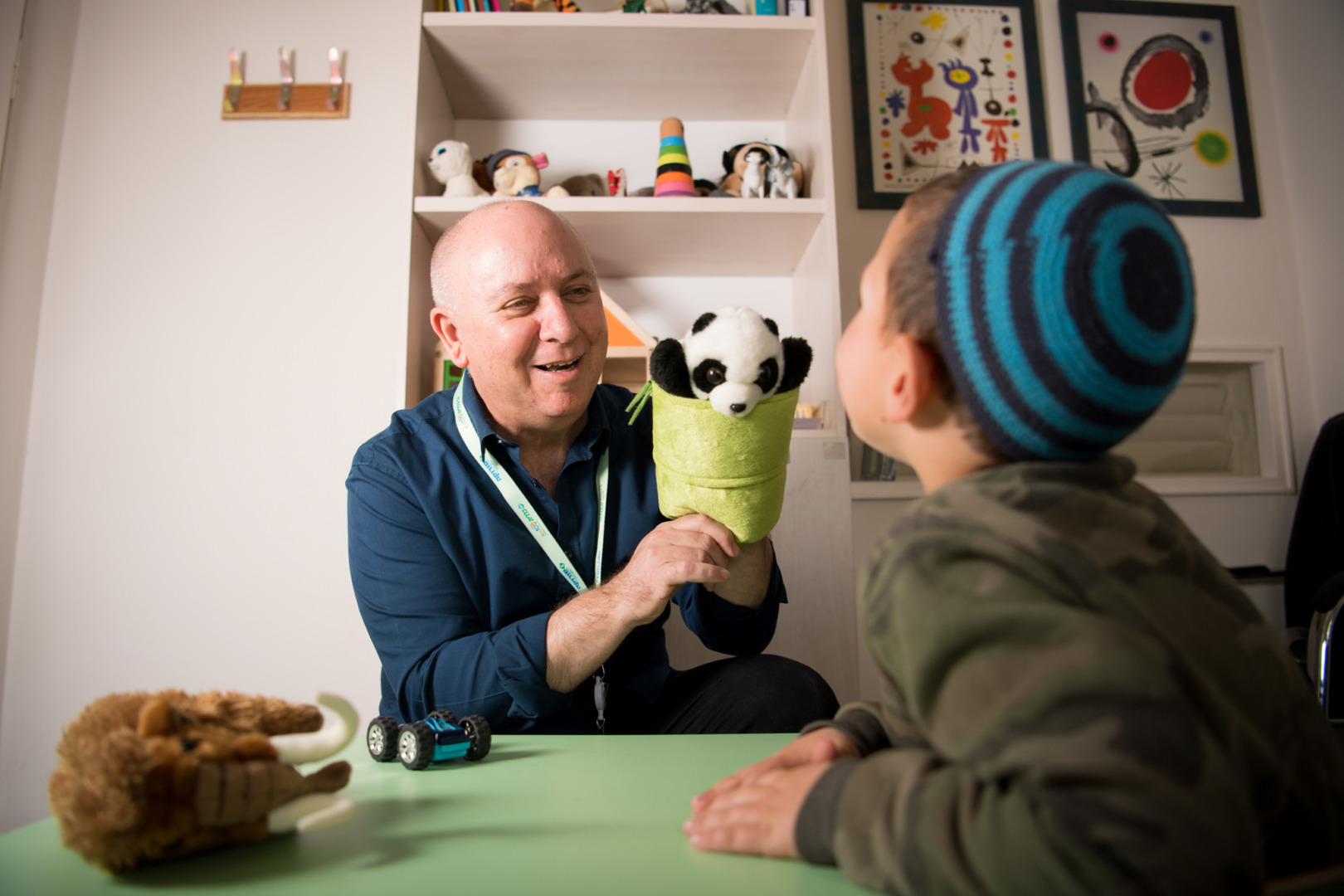The range of questions and opportunities surrounding neurodevelopmental disabilities (NDDs) is vast — from investigating the biology of brain development, to exploring the most effective social and behavioural interventions, to implementing policies that help people thrive.
Uniting experts from across disciplines to engage in collaborative, large-scale research will make it possible to answer these big questions. To this end, the Azrieli Foundation is building a network of centres of excellence in Canada and Israel that focus on neurodevelopment research and aim for knowledge-sharing through interdisciplinary and international collaboration.
In late 2021 and early 2022, the Foundation launched three such initiatives at the Weizmann Institute of Science, Ben-Gurion University of the Negev and the University of Calgary. These initiatives will deepen our understanding of the human brain, and translate research into positive outcomes for neurodivergent individuals, their families and their communities.
These initiatives will deepen our understanding of the human brain, and translate research into positive outcomes for neurodivergent individuals, their families and their communities.
The Weizmann Institute of Science is a world-renowned hub of scientific excellence and a global leader in brain research. With a donation of US$50 million, it will now be home to the Azrieli Institute for Brain and Neural Sciences, a dedicated, state-of-the-art neuroscience facility on its campus in Rehovot, Israel.
“The initiative embodies one of the Weizmann Institute’s fundamental values — interdisciplinary collaboration,” says Weizmann’s President, Prof. Alon Chen, a neuroscientist himself. He says researchers will work together to gain a detailed understanding of the brain’s development and functions, contributing to global advancement in neuroscience.
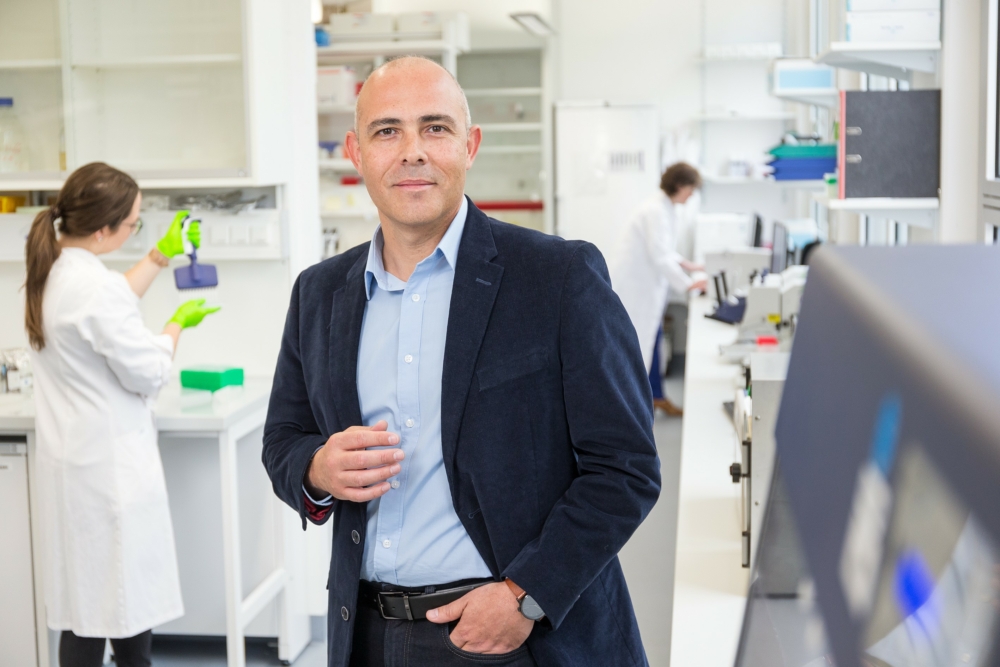
Meanwhile, in Israel’s south, the Azrieli National Centre for Autism and Neurodevelopment Research (formerly the National Autism Center of Israel) at Ben-Gurion University of the Negev aims to make the country an international leader in developing and implementing autism diagnosis and intervention techniques.
A donation of NIS 40 million from the Foundation will enable many developments including the recruitment of new faculty, the expansion of the National Autism Database and Biobank (the largest of its kind in Israel) and training for early-career researchers. The Centre creates a mutually informing relationship between the research and clinical worlds by integrating autistic people into diagnostic and treatment processes.
The team is guided by the belief that “combining clinical and scientific excellence will lead to critical breakthroughs in the way we currently diagnose and treat children with autism,” says Dr. Gal Meiri, the Centre’s medical director.
This year, the Foundation also made its first major investment in western Canada. The Azrieli Accelerator at the University of Calgary, established with a gift of $25 million, will fuel collaborative research — ranging from medical and social sciences to technology and policy. This approach spans neurons to networks to neighbourhoods.
University of Calgary researchers have a global reputation as leaders in the brain and mental health fields, with a dedicated emphasis on neurodivergent children. Its leading facilities and culture of cross- disciplinary collaboration set the stage for the Accelerator to improve the present and future health of our communities.
The three new initiatives join previously established centres of excellence in the field: the Azrieli Centre for Autism Research at the Montreal Neurological Institute-Hospital, and the Azrieli Adult Neurodevelopmental Centre at the Centre for Addiction and Mental Health.
The brain is the most complex organ in the body, yet remains the least understood.
The brain is the most complex organ in the body, yet remains the least understood. By enabling multidisciplinary networks to address this essential frontier in research and discovery, the Azrieli Foundation is leveraging scientific excellence to transform the healthcare landscape.

